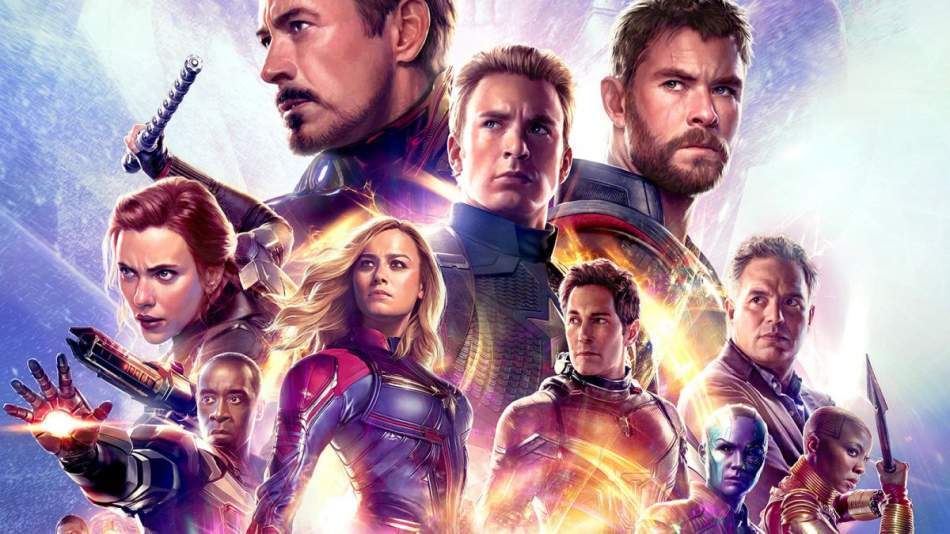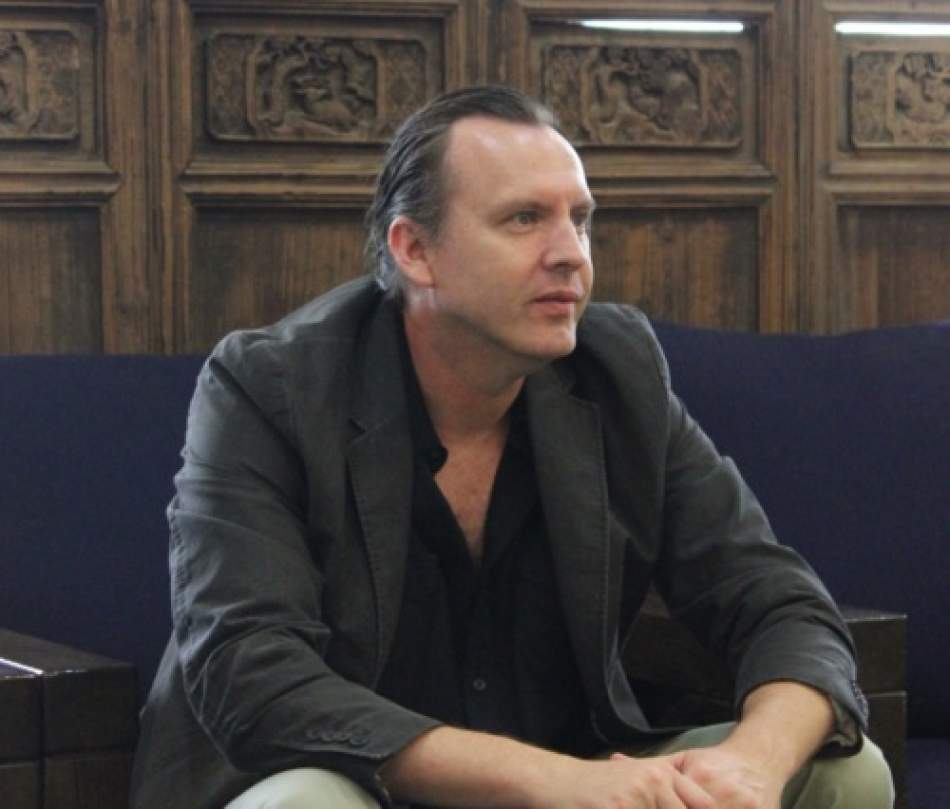From Avengers to Endgame: the interview of the box-office-smashing saga
Comics / Insights - 26 April 2019
Why do Marvel cinecomics succeed? What do comic book artists think about their characters? Here are the interviews

The choice of the term “universe” to describe the infinite number of characters inhabiting the world of comics seems extraordinarily appropriate considering the multitude of stories written, launched and published throughout the decades. The origin of comics can be traced back to the 19th century, back when caricatures were accompanied by explanatory captions. Later the medium evolved, branching out into an ever-growing number of genres, including superhero comics. Today comic book superheroes have taken over the big screen as well, at the helm of movies that smash the box-office time and time again (here all the interviews also in paperbook).
Focusing on the universe of Marvel Comics, one of the first superheroes to appear on the glossy pages of comic books was Captain America (the year was 1941), symbol of integrity and justice. In the years of Captain America’s debut, U.S. society was crushed by the anxieties of World War 2. Joe Simon and Jack Kirby, sensing the mood of the time, set to create a character who could epitomize the fight against oppression and the abuse of power, Captain America. The crisis of traditional values and uncertainty about the future made Captain America appealing not only to young people, who still believed in hope and wished to fight injustice, but to adults as well; all these factors contributed to the success of the character.
The 40s and the 50s saw a seemingly unstoppable expansion of the gallery of Marvel Comics characters. New superheroes were launched every day, each with their own comic book, from Spider-Man to Iron Man, from Hulk to Thor to Black Widow. Then, in 1963, Stan Lee and Jack Kirby created The Avengers, an ensemble comic book where Marvel superheroes came together to fight against a common threat in the name of unity, solidarity and fraternity - values that expressed a hopeful attitude towards the future. This optimism inevitably crashed against the policies shaping the society of the time, which also had to deal with events so shocking they were almost impossible for the public to process, like the assassination of John Fitzgerald Kennedy. In a world filled with uncertainty and fear, comics offered an escape from reality and allowed their readers to identify with characters that were just and successful, thus making them experience a sense of fulfillment.
On the other hand, the passionate response to comic book superheroes cannot be explained exclusively by escapism and the desire for justice. The film adaptations of comics have replicated this success on a much bigger scale. Despite being received with a certain amount of skepticism by critics, are often box-office hits. The best example is the “Avengers” saga: the first two chapters - “The Avengers” and “Age of Ultron” - both directed by Joss Whedon and released in 2012 and in 2015 respectively, collectively grossed almost $3 billion worldwide.
With these movies, the MCU has freed the power of imagination from the constraints of reality; aided by state-of-the-art CGI and VFX, they have been releasing technically impressive movies that make the world of comic books come alive in an extremely convincing manner. Their cutting edge technology breathes life into the fantastical creations of comic book artists, creating scenes that we never would have dreamed of seeing on a screen until a few years ago. All this allows superhero movies to attract the interest of non-comics fans as well, while at the same time “die-hard” comics fans often complain about the fact that the cinematic adaptations are not faithful enough to the original stories. There is one incontrovertible fact: superhero movies draw in an ever-growing audience, at a time when our future appears once again uncertain, even if for different reasons compared to the historical period in which comic books were born.
The recent chapters of the Avengers franchise are “Infinity War” and “Endgame”, directed by Anthony and Joe Russo. For these instalments Marvel Studios decided to merge their two main sagas, both hugely successful at the box-office: Guardians of the Galaxy, meet the Avengers. Beloved characters like Iron Man, Black Widow, Hulk, Spider-Man, Thor and Scarlet Witch will interact for the first time with Nebula, Gamora, Star-Lord, Rocket Racoon and Drax. A new chapter with a new, exciting plot served by a stellar cast which includes rising stars like Karen Gillan (best known for her role as Amy Pond in “Doctor Who”) and the household names of Robert Downey Jr., (Iron Man) Scarlett Johansson (Black Widow), Mark Ruffalo (Hulk), Zoe Saldana (Gamora), and Paul Rudd (Ant-Man). A story celebrating unity against a common threat, and the overcoming of differences for the sake of the planet. A message that disillusioned viewers may find a little naive, but which speaks to the many anxieties and fears of our time: one need only think of our world leaders’ differing opinions on climate change, the rise of a new nuclear threat, and the problems encountered when discussing humanitarian issues. Superhero movies smooth over social tensions, promoting an unthreatening and colorful optimism. From a political and sociological point of view, it could be argued that optimism is not enough to solve the many issues plaguing these troubled times. An undeniable truth, but one could reply that superhero movies exist not to propose solutions, but rather to soothe our worries and offer us an escape from the harsher aspects of everyday life.
© All right Reserved

Avengers Special Event
Interviews, articles, news, images about the franchise of Avengers.Leggi tutto








.jpg)



